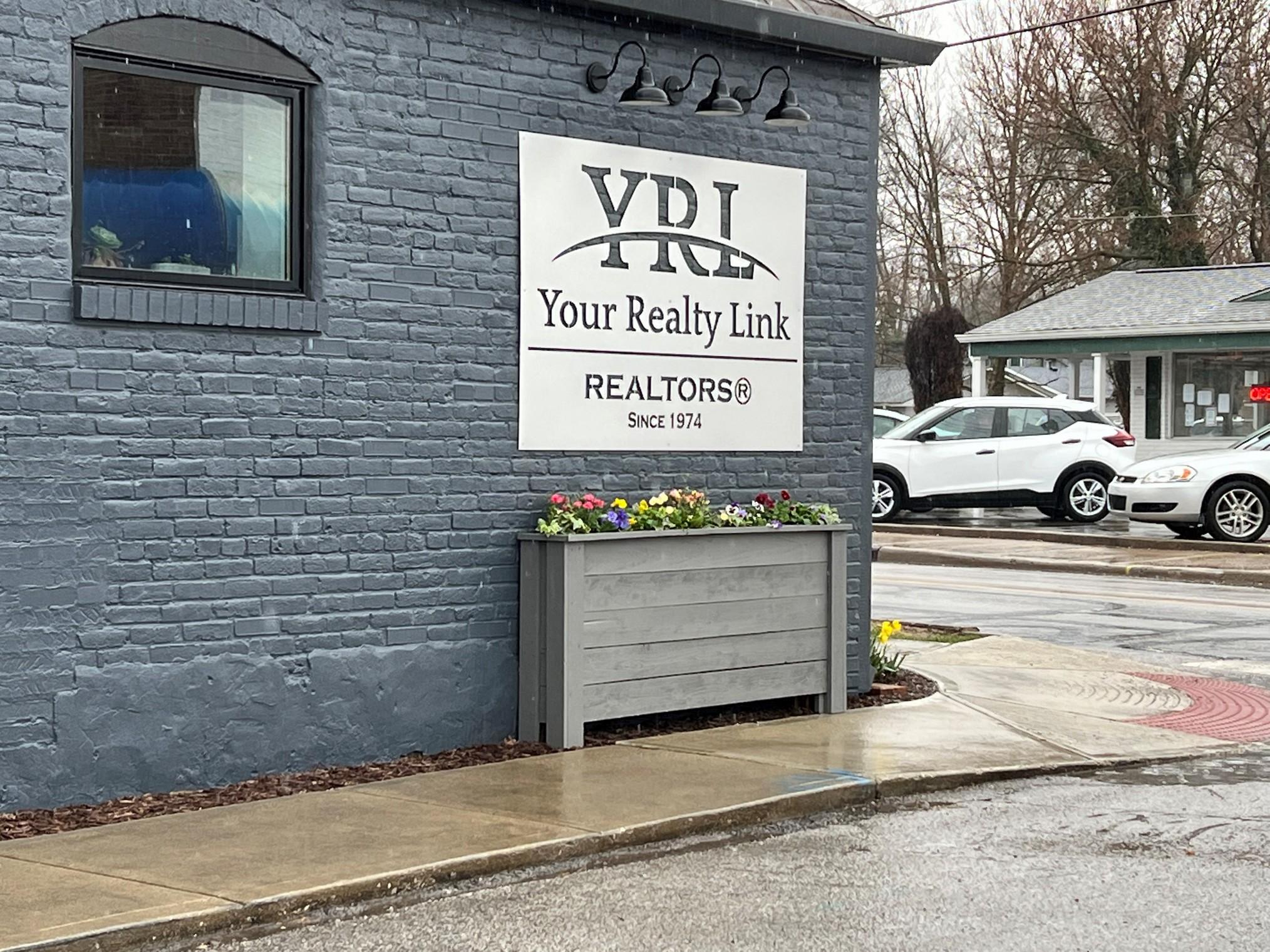

Why Your Lender May Say
You Need to Get an FHA Loan When Buying Your First Home…
FHA (and VA) loans are government subsidized and the lender must follow guidelines established to help those buyers purchase a home with a lower down payment. This means the buyer must also meet many requirements and the most important requirement is probably at least a 620 credit score (which is lower than conventional requirements. FHA usually has a lower down payment although there are some conventional loans with only a 3% or 5% down but those loans require higher credit scores.

This is a quick lesson/guide to purchasing a home with an FHA mortgage. Both FHA and VA loans are government type loans and must meet certain criteria. We will concentrate on FHA here but know that VA has similar requirements.
The interest rate will be very similar to conventional rates for your FHA loan. Down payment for an FHA loan is 3.5% (plus you pay principal & interest + PMI, taxes & insurance in your monthly payment).

Most lenders will require you to have at least a 620 credit score for FHA which is lower than most conventional loans.

• Your mortgage will include principal and interest plus with an FHA loan, you will pay your homeowners insurance and taxes in your monthly payment.
• You will also be charged monthly what is called PMI (private mortgage insurance). FHA now requires PMI to be paid for the life of the loan.
• DOWN PAYMENT ON AN FHA LOAN IS 3.5% OF THE PURCHASE PRICE

• You must be employed for two years in the same “line of work”. Never change jobs during any mortgage application.
• An exception would be if you were a full-time student and now you are employed and your income qualifies you for a mortgage. Most lenders count higher education as time worked.

You must have 3 lines of credit for a minimum of 12 months for your lender to get a proper credit score. Cell phones, utilities, car payments are all forms of credit. You should not have any past due payments on your credit report for the past 12 months when you apply for your mortgage.
Hints for obtaining credit!
• Do not ‘cancel’ credit cards during the process but paying them down or having a zero balance is fine.
• Need another line of credit but don’t want to go in debt…go to a furniture rental store & rent something very small (a lamp) and make the very low payment on time for 3 months and see your credit score go up).

Sources of income in addition to your employment
If you have an additional source of income, you usually need to show a history of that additional income for a two-year period. Example: You babysit one night a week consistently and the payment is reported on your taxes or you make wedding cakes and earn an average of $500 a month extra for this…you must show a history of this income.
Child support – proof of ‘regular’ child support payments will be necessary. If payments are irregular or often behind, the lender may deny using the child support to help you qualify.
Bonuses at work may again need to be verified and your employer may need to write a letter explaining what is normally paid and what is to be expected.

What About Being ‘Short” on Funds to
Close Your New Home?
You may get a “gift” from a close relative or possibly an employer. Unfortunately a Boyfriend/Girlfriend -- possible roomy does not count. Gift must come from a blood relative and the funds must be verified – no Zelle or Venmo but a check written and deposited from their account is a way to verify who the gift came from. Lender will provide a gift letter to be completed by the person giving the gift.
You may withdraw money from an IRA if you qualify for the purchase of a home. Funds may ‘not’ be borrowed as a short term loan or on a credit card no matter how much someone wants to help. You may need a co-signer if someone is willing to buy home with you (such as mom or dad). Just make sure that you discuss how title will be taken and who really owns the property in the event of a catastrophe happening in the future.

OWNER-OCCUPY YOUR FHA HOME
FHA requires that the home purchased using an FHA mortgage be “owneroccupied”. An owner-occupant is someone who lives in the home as a full-time resident. (This also applies to a property that has a rental unit – owneroccupant is expected to occupy a unit of the property to get the low-down payment rate of 3.5% for FHA. )
Note – usually when someone buys a property to use as a rental, the down payment will be 20%-25% of the purchase price. Renting a home vs. being an owneroccupant also has a huge impact on the property taxes and the exemption for homeowners. (The title company will file at closing your homestead exemption if you are the owner-occupant and your taxes are reduced substantially.)
YOU CAN BUY A HOME AGAIN…AFTER BANKRUPTCY AND FHA IS THE MOST FORGIVING LENDER!

Amazingly, the old adage that you can’t buy a home after bankruptcy for at least 7 years is not true. If you have had your bankruptcy discharged and have been credit ‘wise’ for a few years, you can purchase a home again.
If you filed a Chapter 7, you must wait 2 years after the bankruptcy is discharged. If you filed a Chapter 13 (a reorganization), you may actually be able to purchase with FHA financing one year after the discharge as long as you didn’t lose a house in the bankruptcy.
If you lost a home due to foreclosure or if the home was sold in a short sale, you will need to wait 3 years after your bankruptcy is discharged. Hint: Once you own a home, take action immediately should you get behind on your mortgage. Contact your lender to find out what you need to do!
YOUR BANK ACCOUNT WILL BE SCRUTINIZED

When you purchase a home FHA you will need to provide at least two months of bank statements. This proves to the lender that you have the funds to buy a house. Once the bank checks on your funds, the lender will tell you what will be required to close. Your lender may suggest that your Realtor ask the Seller to pay some closing costs when you write your purchase agreement so getting a preapproval letter up-front will give you an idea of your buying power.
If you put a large deposit into your account at any time during the buying process, you will have to prove how that money got there and where it came from. If you sell something to have money to buy a home, be sure there is a receipt to prove what you did.
Money deposited during the buying process will have to show where it came from and usually must be in your account for 60 days. This is called “seasoning” of your money. Lenders typically perform an updated credit report a day or two prior to closing. Be careful. If there are changes in your debt ratio, your loan can still be denied! DO NOT BUY ANYTHING BEFORE CLOSING.
A FEW MORE THINGS TO KNOW…..

An FHA mortgage insurance premium is an additional fee you pay to protect the lender in case you default on your FHA mortgage. Current FHA Upfront MIP (PMI) is equal to 1.75% of the loan amount and must be paid at closing. This is why some closing costs are usually paid by Seller in an FHA transaction. FHA mortgage insurance varies from 0.15% to .75% of the loan amount paid in the monthly payment and remains for the life of the loan.
Appraisers must be certified through HUD to do an FHA appraisal. The lender does not choose the appraiser but does have a list of qualified appraisers approved to do appraisals for that Lender. Lender is not allowed to contact appraiser regarding the results of an appraisal. A real estate agent in the transaction may contact an appraiser. During the buying process, both buyers and sellers will sign a “FHA Amendatory Clause” stating home must appraise for purchase price or buyer does not need to go ahead with the transaction if the Seller does not agree to close at the appraised value. Buyer is also allowed to make up the difference in cash.
Buyer must be a U.S. Citizen, permanent resident alien or non-permanent alien resident and each buyer must bring proper photo I.D. to the closing. Buyer will need to wire funds over $10,000 for the closing and provide a picture ID at the closing.
Because of FRAUD, only the title company should instruct the buyer where to wire funds. Any email or text regarding a change in the wire address should be verified by buyer!

VA vs. FHA FINANCING
VA loans are very similar to FHA in the qualifications. VA loans require the veteran to have a certificate of eligibility and a DD214 (contact the Veterans Administration.)
VA loans are zero down for the first VA loan that a veteran borrows. VA loans have no PMI but they have what is called a funding fee that is paid at the closing table. On a second VA loan taken out once the veteran has sold his first home and cleared the mortgage in an effort to reinstate his borrowing eligibility, there is a larger funding fee unless the veteran is a disabled vet then the funding fee is waived forever.
Consult an experienced Realtor when you are selling a home with a VA loan or when you are purchasing a second home by VA if you are not a disabled veteran.
Your Realty Link agents are very familiar with both FHA and VA loans. Call us today – 317 997-7404




